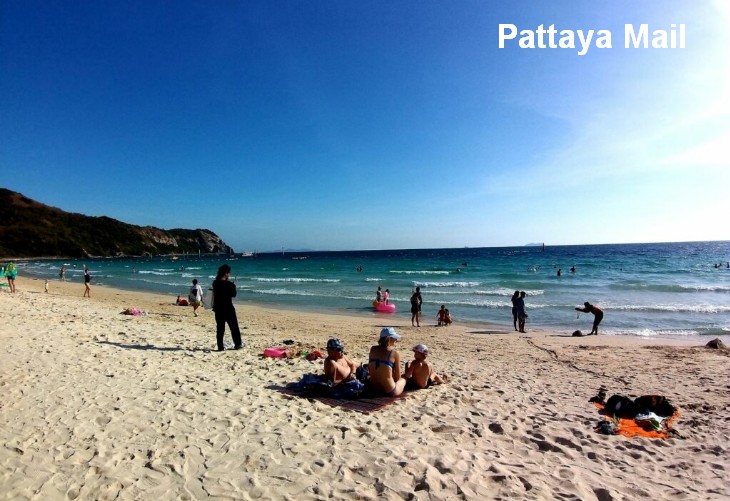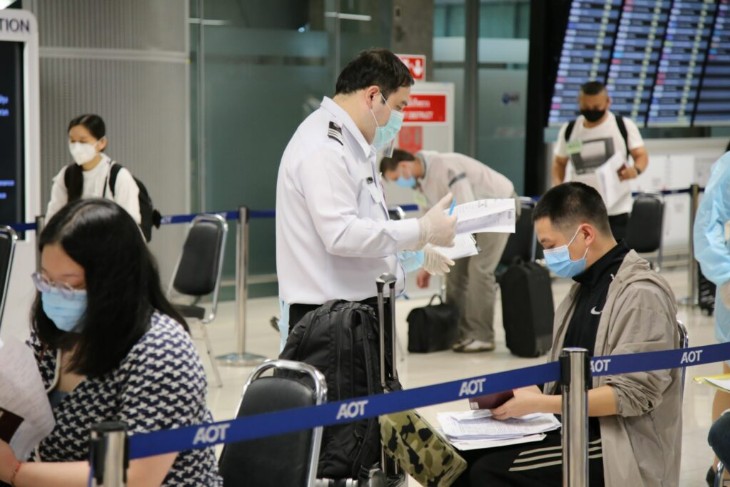
Thailand may have dropped visa barriers to enter the country, but at best will draw only 1 percent of the tourists it drew in 2019 until mandatory quarantine is ended, officials said.
From July 9 – Dec. 13, the Foreign Affairs Ministry recorded only 50,625 Certificates Of Entry (COE) required to come to Thailand, almost half of those to business travelers and only 7,000 to genuine tourists. The rest were either students, returning expats or medical patients.
On average, the country has seen less than 15,000 foreign arrivals a month, a figure that could rise to 20,000 in December. By comparison, in 2019, three million foreigners arrived in Thailand each month.

To spur tourism, the ministry reinstated the single-entry tourist visa, made the long-stay Special Tourist Visa available globally, reinstated visa-exemption privileges for citizens of 56 countries, and added 15 days to the passport-stamp visa period. Technically, Thailand is fully open for business again.
It won’t make a difference.
Even with no immigration barriers, Thailand, at best, will see only 30,000 arrivals a month for the foreseeable future, a byproduct of requiring 14-day quarantines upon arrival and US$100,000 in health insurance coverage combined with pandemic and economic conditions overseas.

Wichid Prakobkosol, president of the Association of Thai Travel Agents, said tourist numbers will not increase to any significant level until the quarantine is eliminated. The association wants the country to end the requirement for “low-risk” coronavirus countries accounting for 40 percent of Thailand’s previous tourist base.
Chamnan Srisawad, chairman of the Tourism Council of Thailand, said he sees the government moving toward a full reopening, but said, for now, Thailand needs more “alternative state quarantine” hotels outside of Bangkok.

But both government and private officials agreed that quarantine and insurance mandates aren’t the only things keeping tourists away. The raging worldwide pandemic has made it physically or economically impossible for people to travel internationally.
Until the pandemic ebbs, worldwide tourism will remain depressed, they said.





